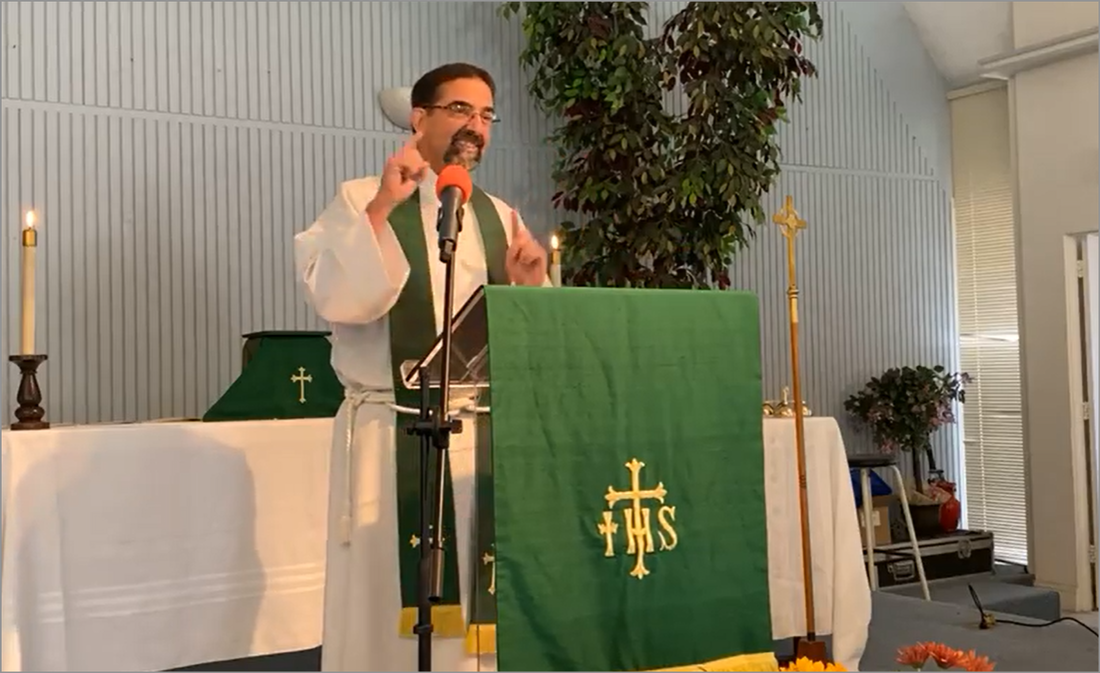0 Comments
Your comment will be posted after it is approved.
Leave a Reply. |
AuthorsFr. Jack Estes is the rector of Ascension Anglican Church. Fr. Randy Messick is Ascension's Associate Priest. Archives
June 2023
Categories
All
|



 RSS Feed
RSS Feed